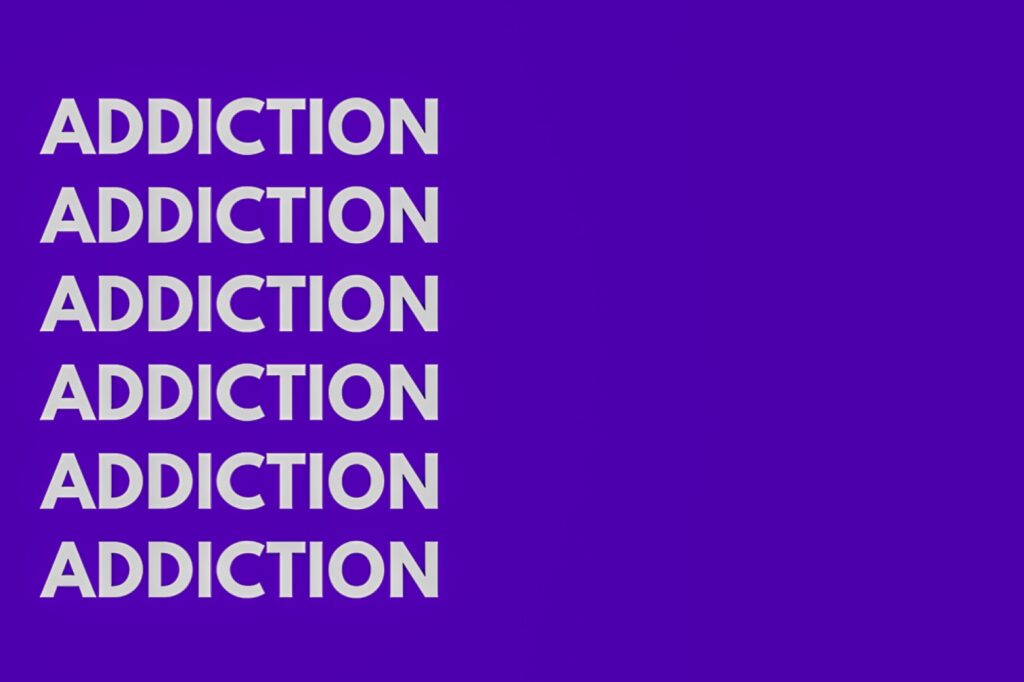The recent passing of actor Matthew Perry, known for his role as Chandler Bing in “Friends,” sparked my thoughts on addiction and how we have differing views on various forms of it. Perry was a vocal advocate for addiction recovery and used his platform to raise awareness about his own struggles. His legacy sure shall serves as a reminder of the widespread nature of addiction. But while reading through his journey, I got reminded of the talk I had attended as a part of my counselling classes where an organisation that worked on rehabilitation of addicts had spoken about things that left me thinking. One thing that stuck the most with me is how workaholism and alcoholism are both addictions but one is celebrated and the other looked down like a biggest crime.

The Double Standard: Workaholism vs. Alcoholism
Workaholism: The Cult of Overwork
In our fast-paced world, workaholism is often celebrated as a sign of dedication and ambition. Individuals who devote long hours to their careers and often neglect their personal lives are often admired for their commitment to success. Society often overlooks the negative consequences of this addiction to work.

Global statistics highlight the toll of workaholism:
- In countries like Japan, where work culture is highly demanding, many employees experience “karoshi” (death by overwork), underscoring the severe consequences of this addiction. A total of 2,968 people in Japan died from suicides blamed on karoshi in 2022, and 1,935 in 2021.
- In India, a competitive work environment has led to increasing levels of stress and burnout among professionals, with approximately 46% of the Indian workforce experiencing high levels of stress, as reported by a study by Cigna TTK Health Insurance.
Alcoholism: The Stigmatised Struggle
In contrast, alcoholism is often seen with judgment and societal stigma. Those who struggle with alcohol addiction are frequently labeled as weak, unreliable, and morally flawed. Society’s prevailing stereotypes often overlook the underlying addiction and the suffering that individuals with alcoholism experience.

Global and Indian statistics reveal the severity of alcoholism:
- The World Health Organization reports that alcohol contributes to 2.8 million deaths annually worldwide.
- In India, the National Family Health Survey – 4 found that nearly 31.5% of the Indian population consumes alcohol, with approximately 5.7% of this population classified as heavy drinkers.
To the workaholism discussed above, adding the gender layer makes it much more mind boggling; how a workaholic housewife and a workaholic career woman are seen differently.
The Double Standard: Housewives vs. Career Women
A housewife who diligently manages her household and family is often celebrated for her selflessness and dedication and when she overworks, it is celebrated even further. In contrast, a woman dedicated to her career, exhibiting the same workaholism, is frequently questioned about her commitment to her family and sometimes perceived as neglecting her domestic responsibilities.

Conclusion:
Our differing perceptions of workaholism and alcoholism, as well as the double standard that extends to housewives and career women, are both unjust and subtle. Both forms of addiction can have severe impacts on an individual’s well-being, health, and relationships. It is high time that we reevaluates our stance on addiction, offering equal compassion and understanding to those struggling with these issues, regardless of the nature of their addiction or their gender.
Addiction, whether big or small, is a shared human struggle that deserves our understanding and support, not judgment. It is time to bridge the gap in how we perceive and support individuals facing addiction and work toward a more inclusive and understanding society.


